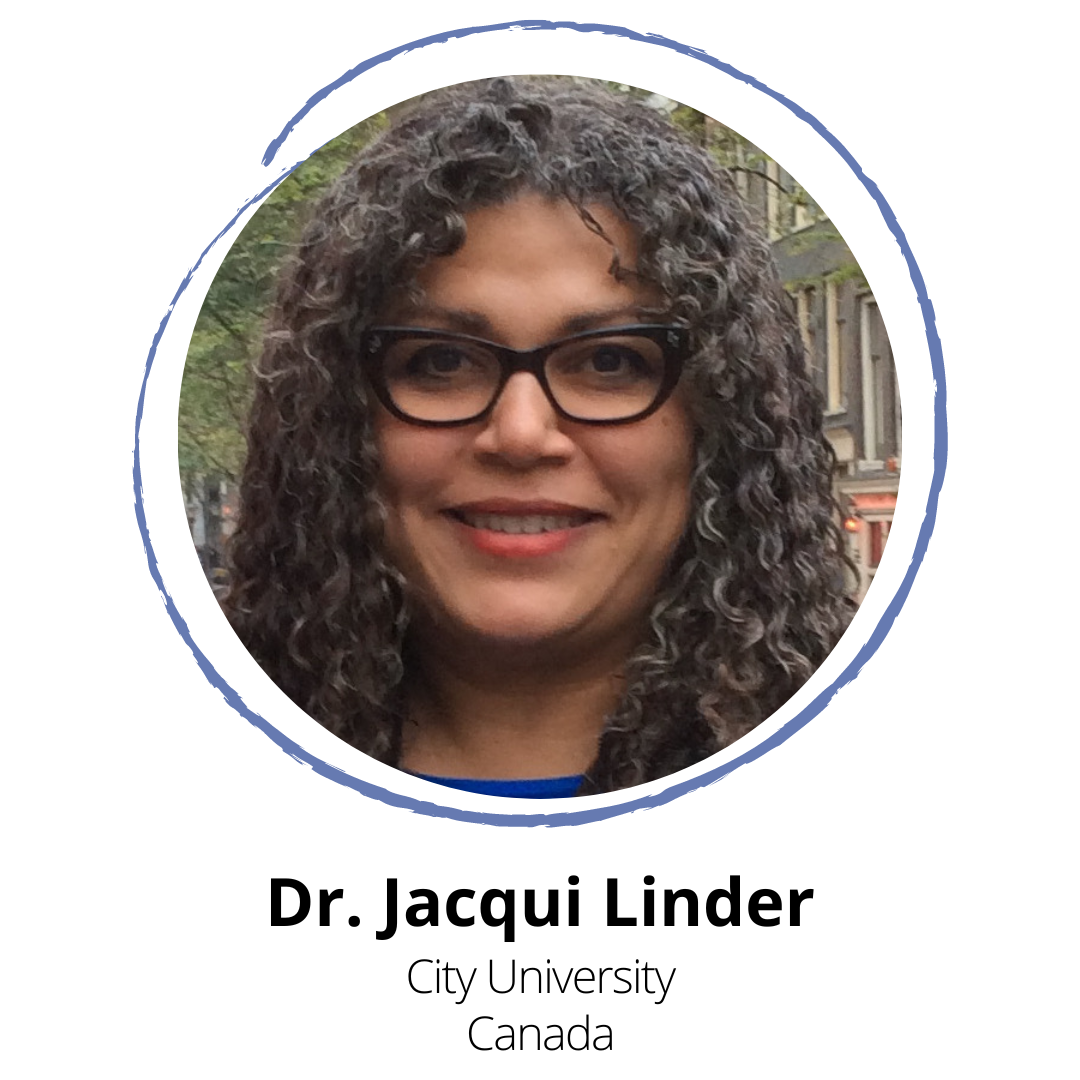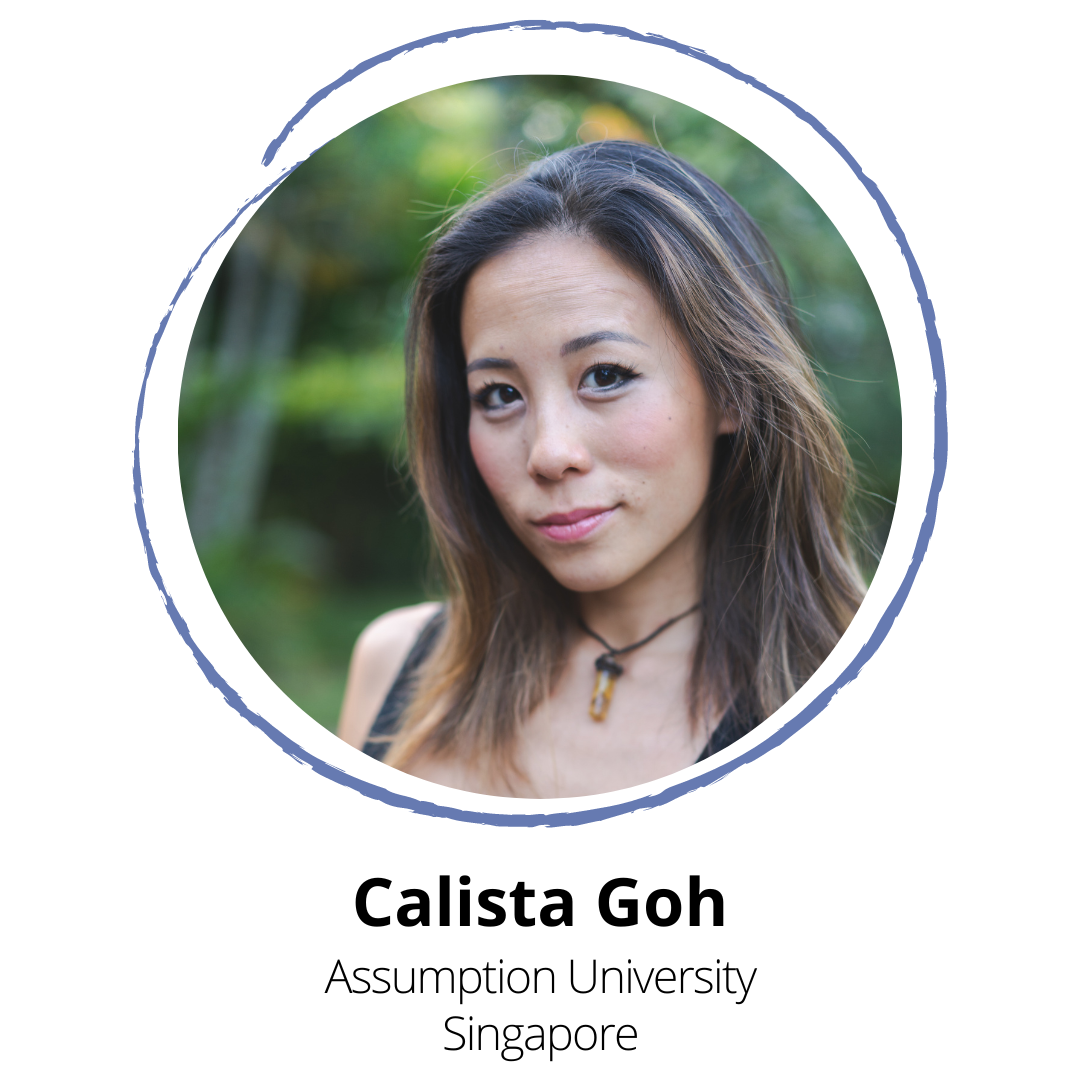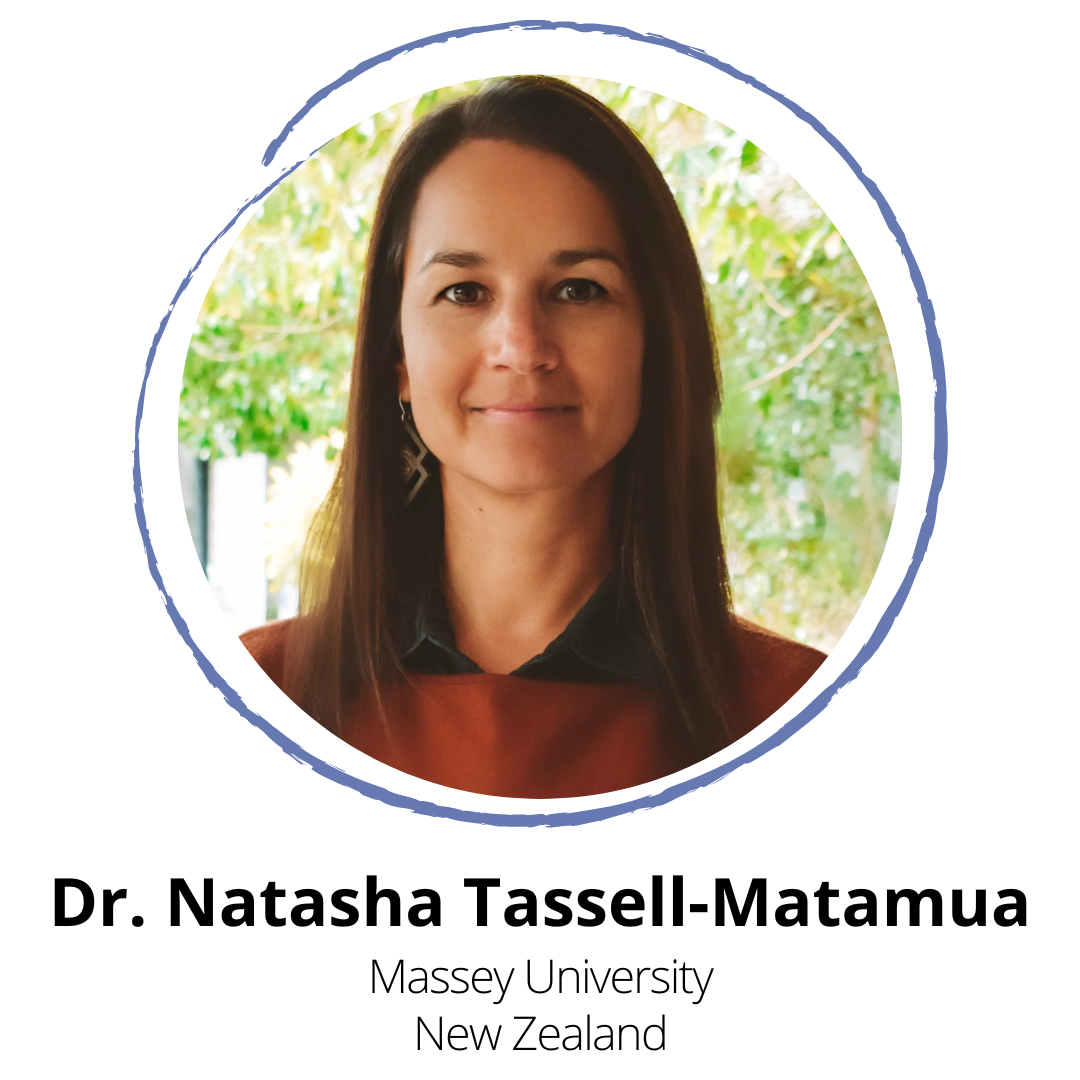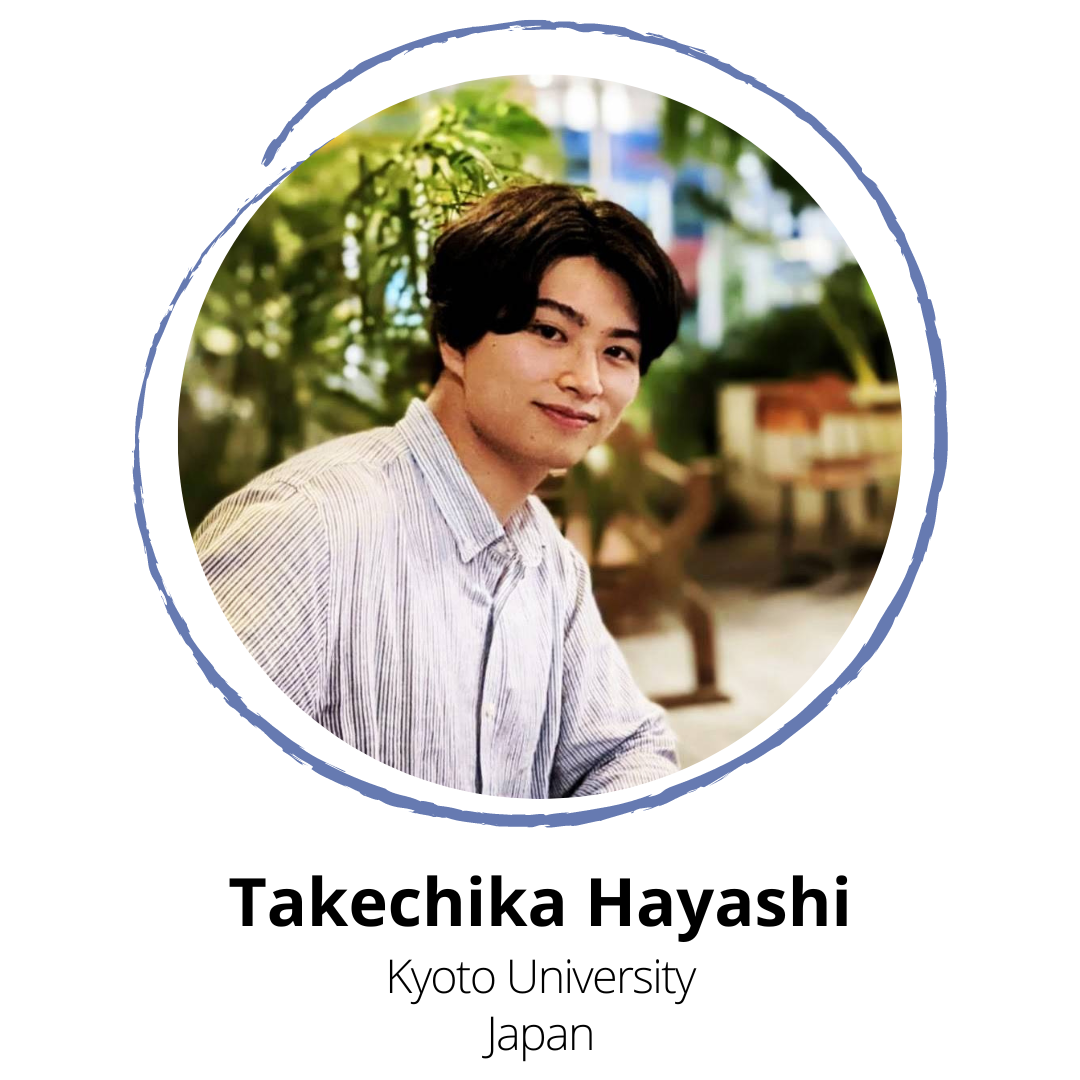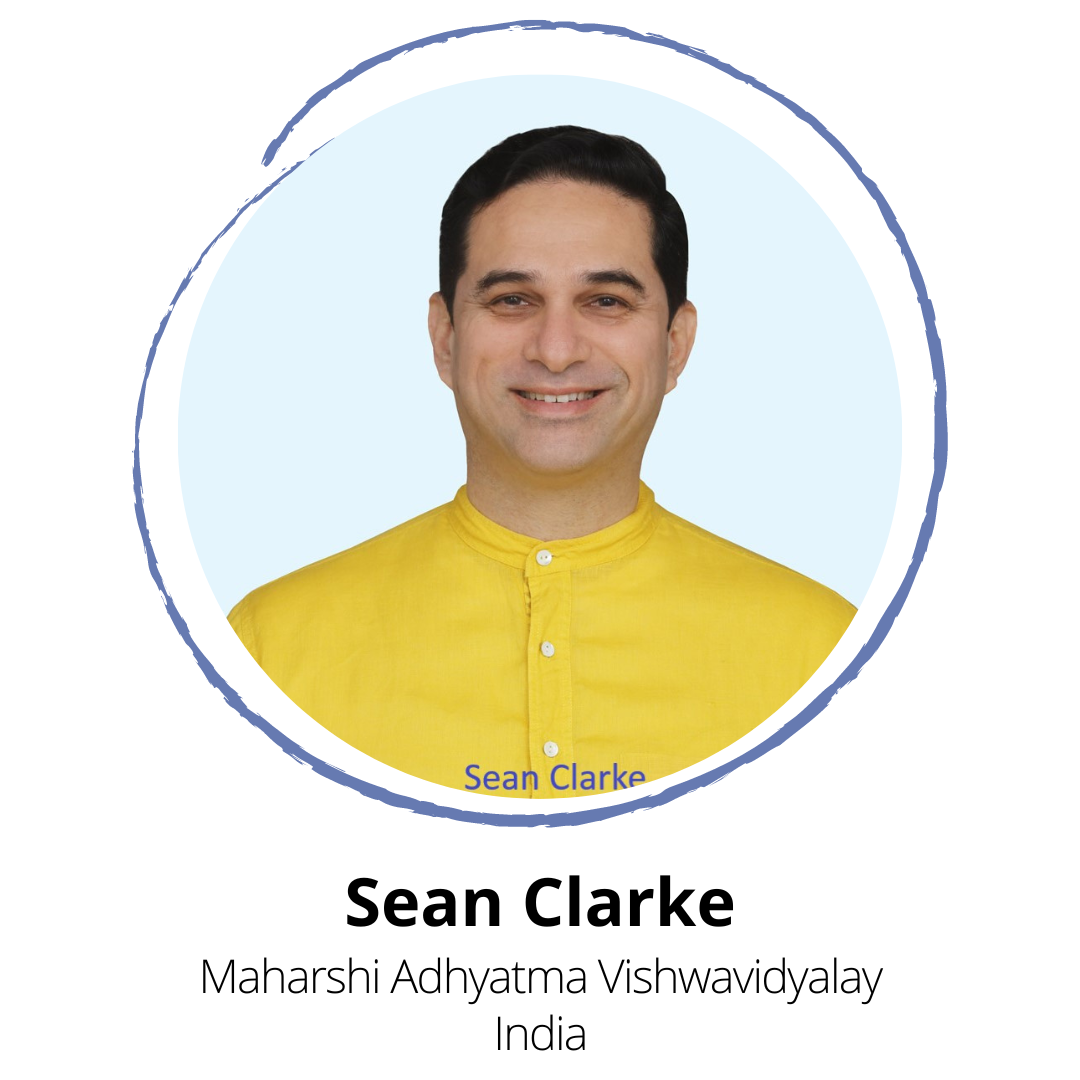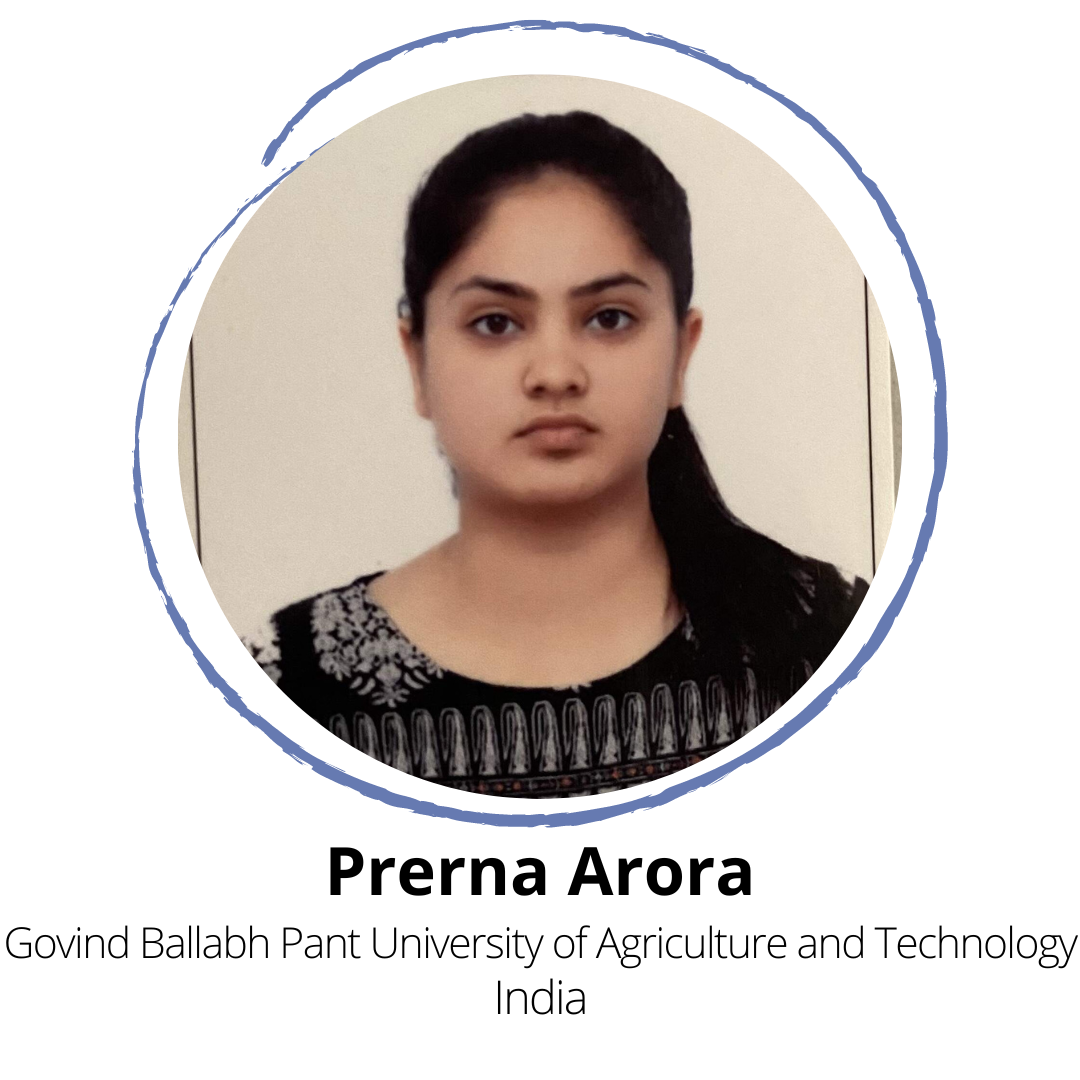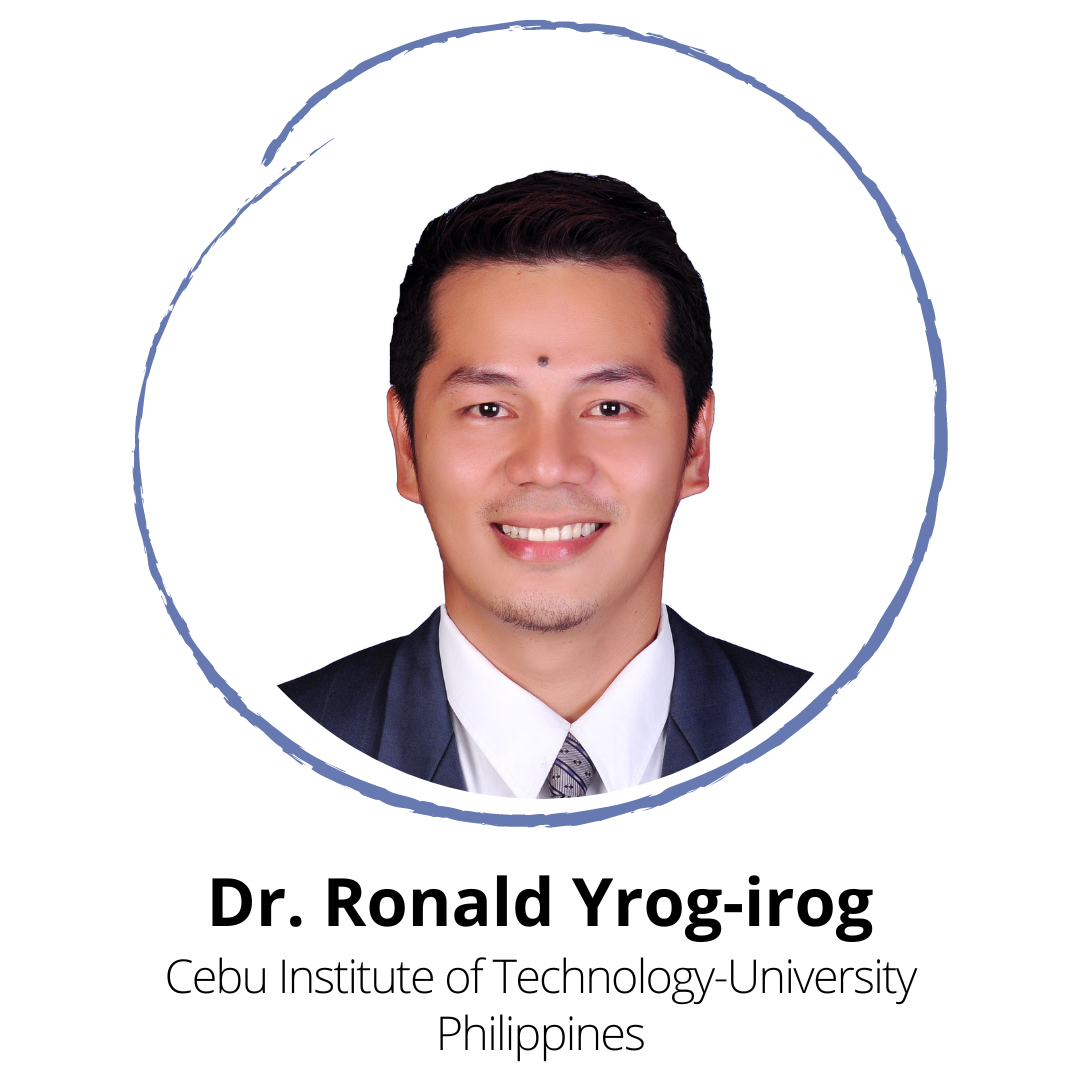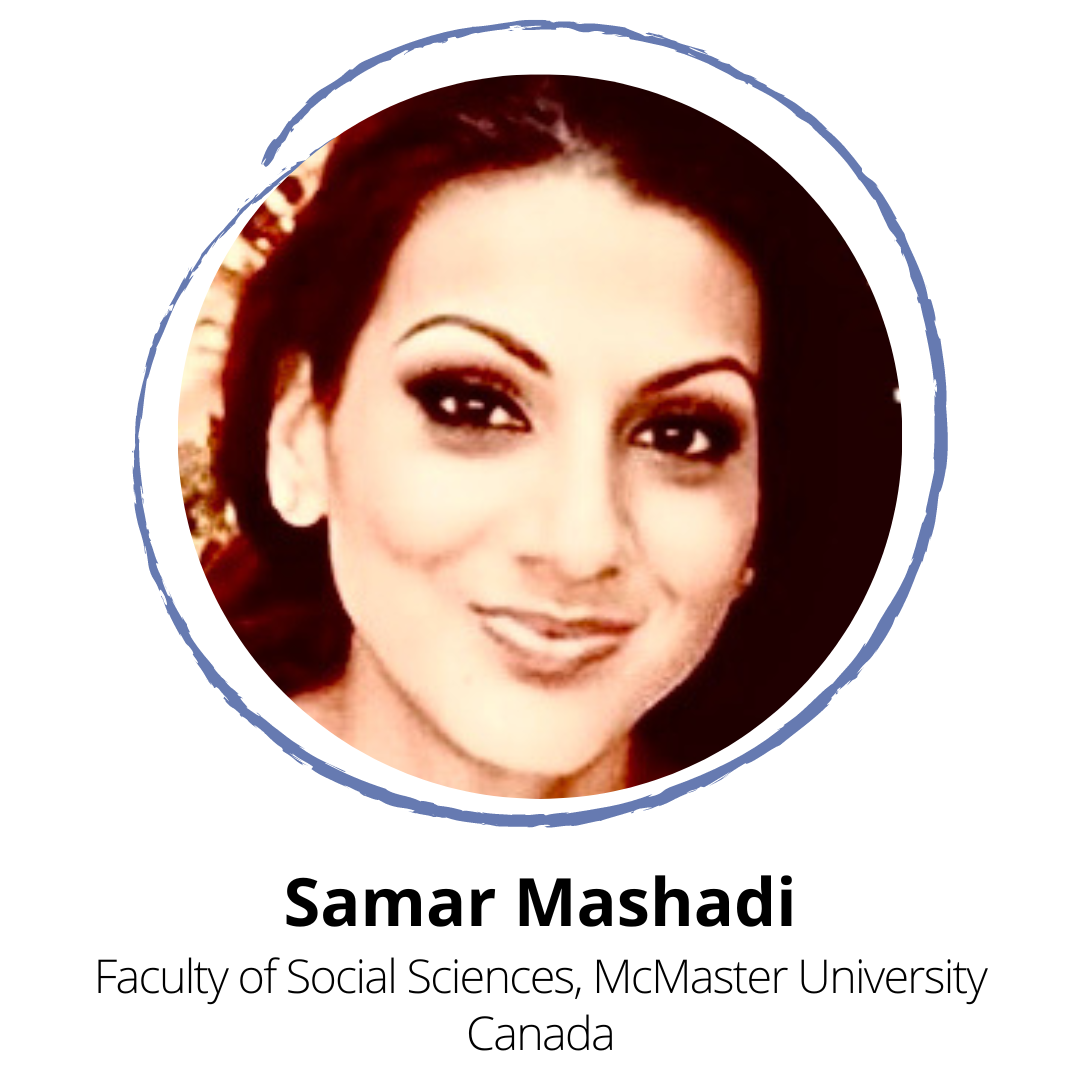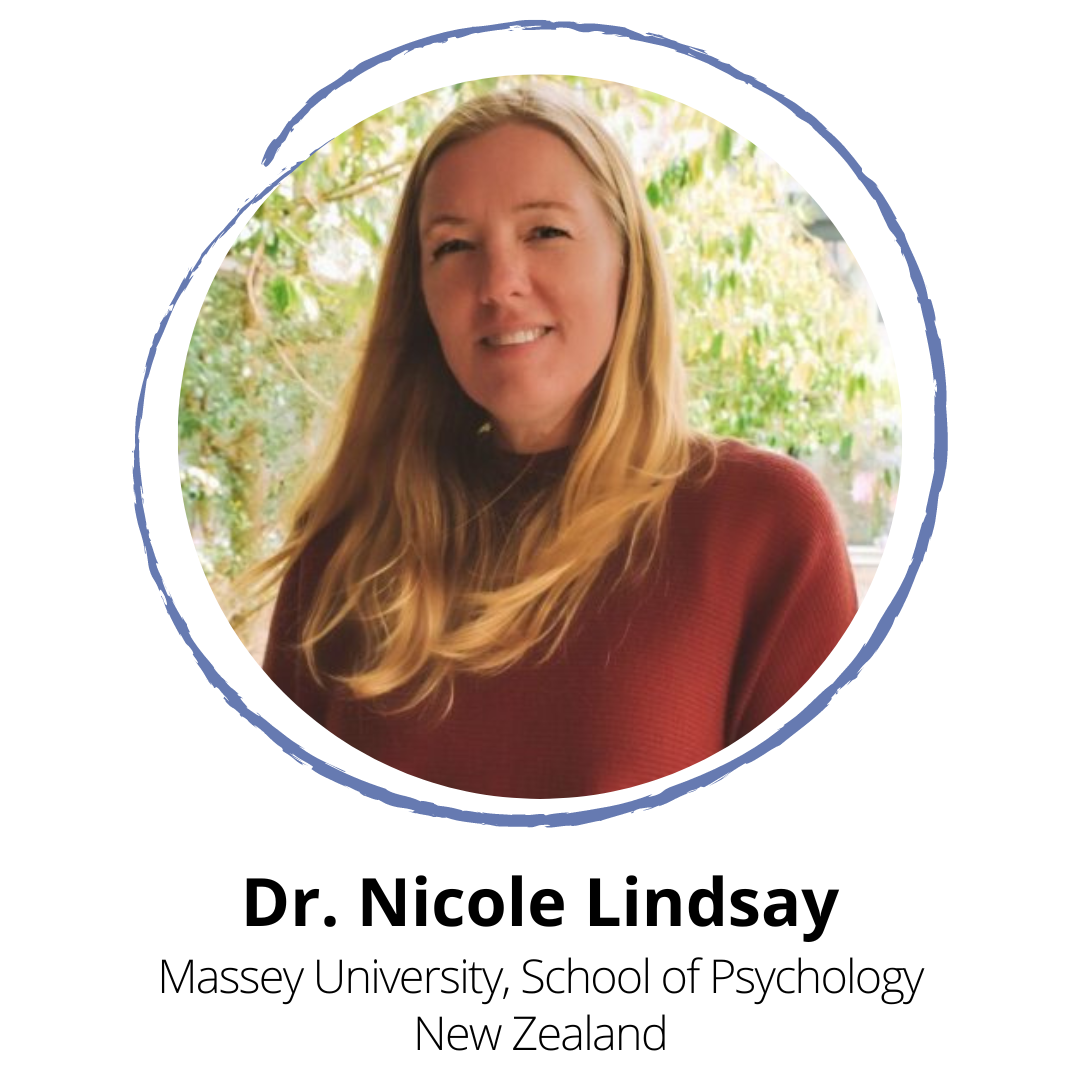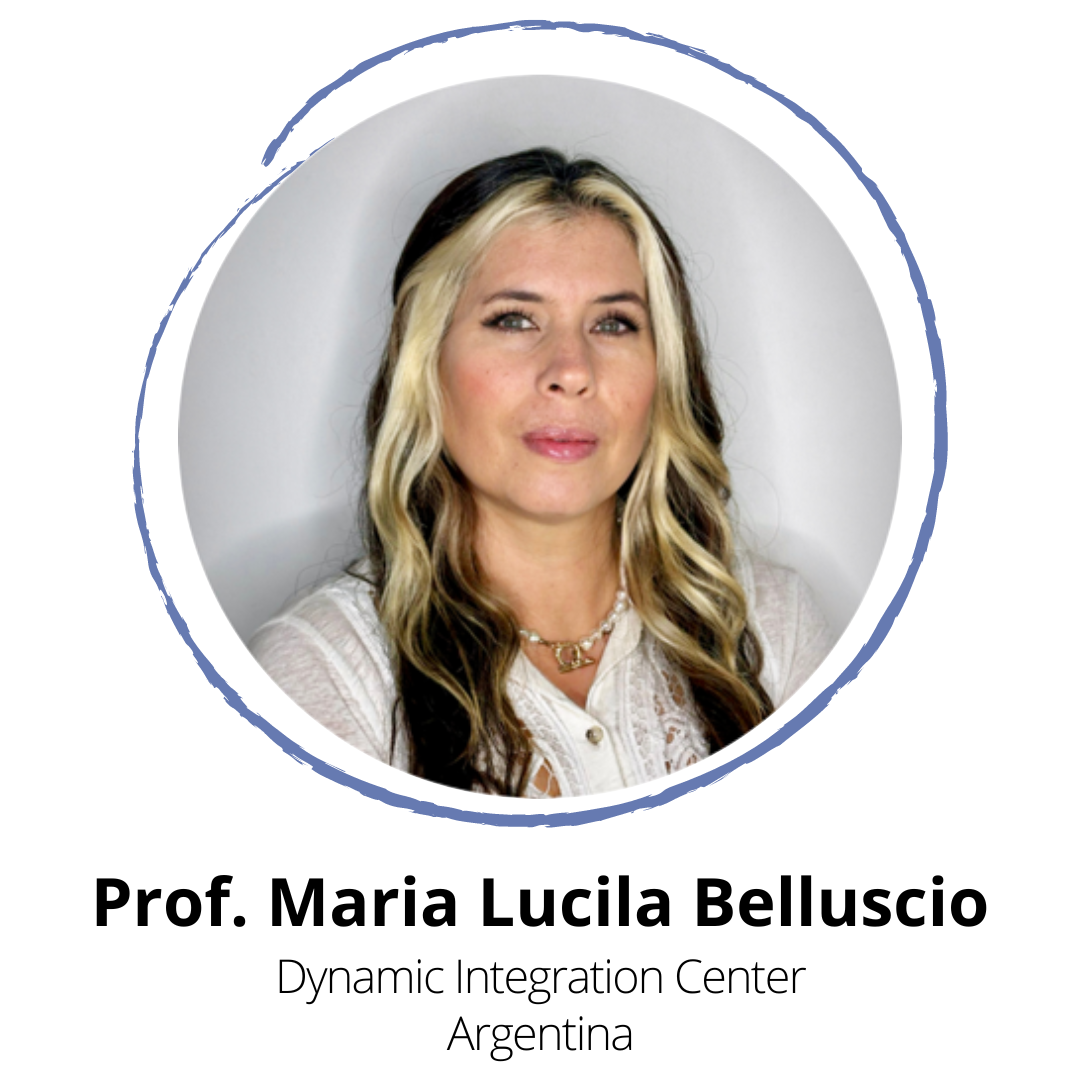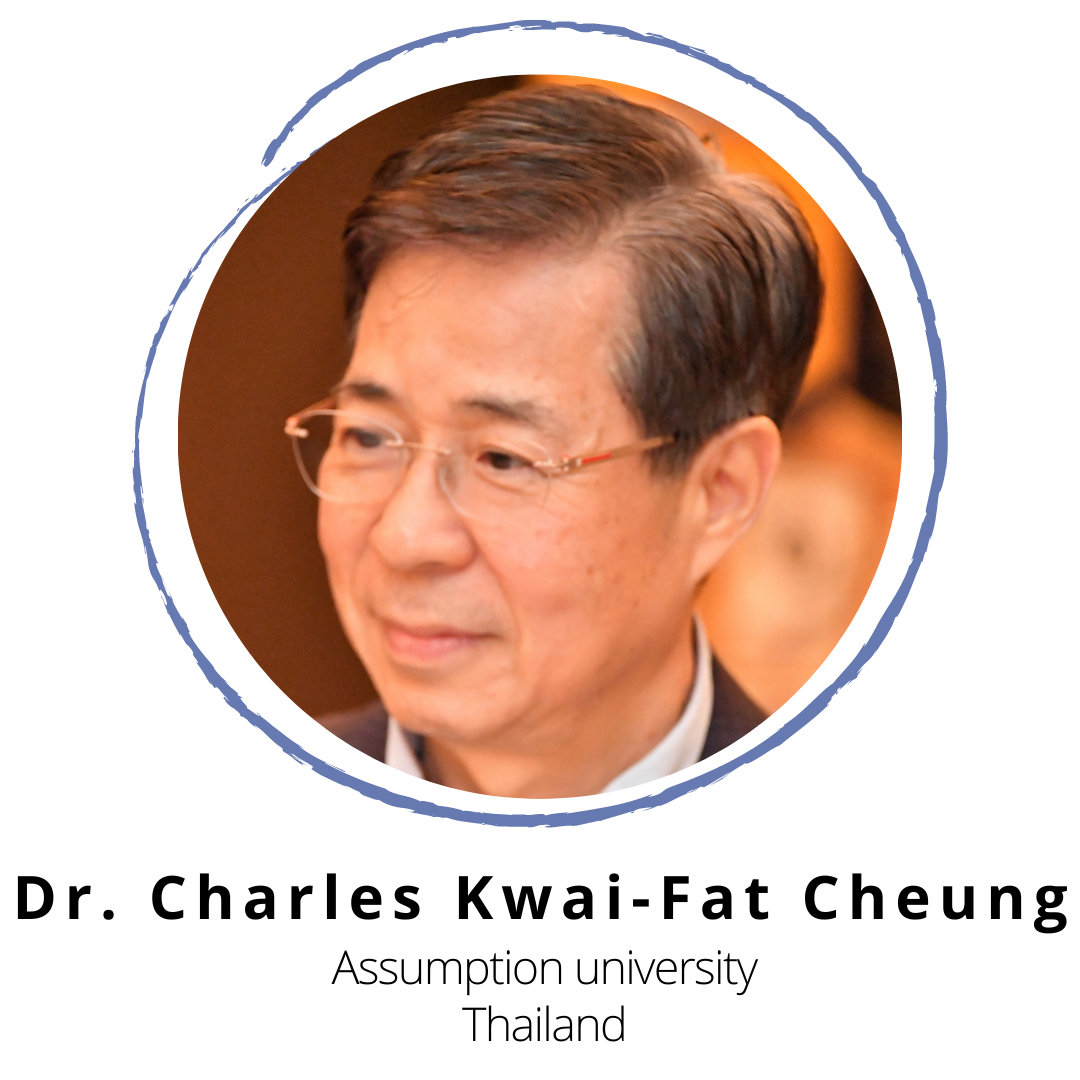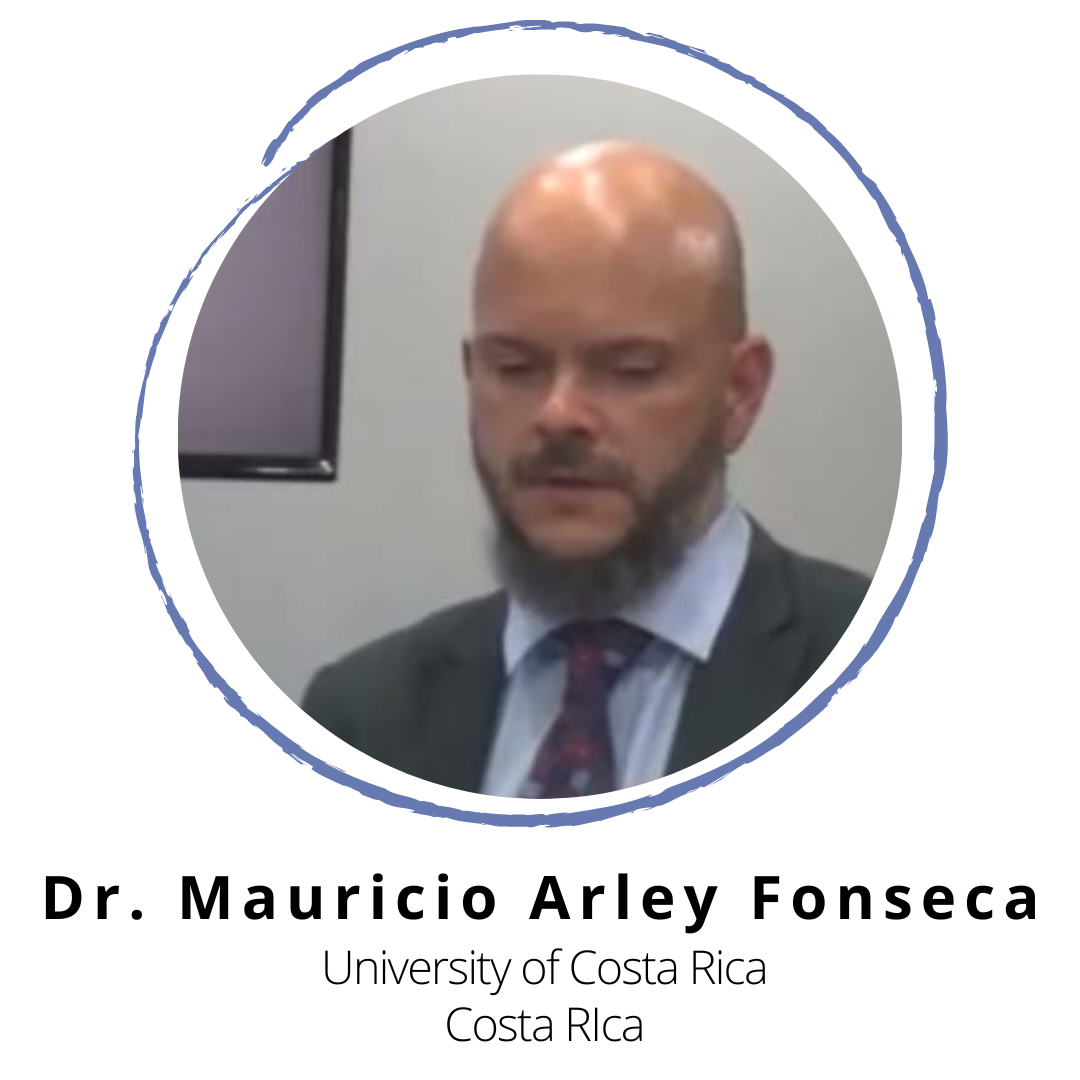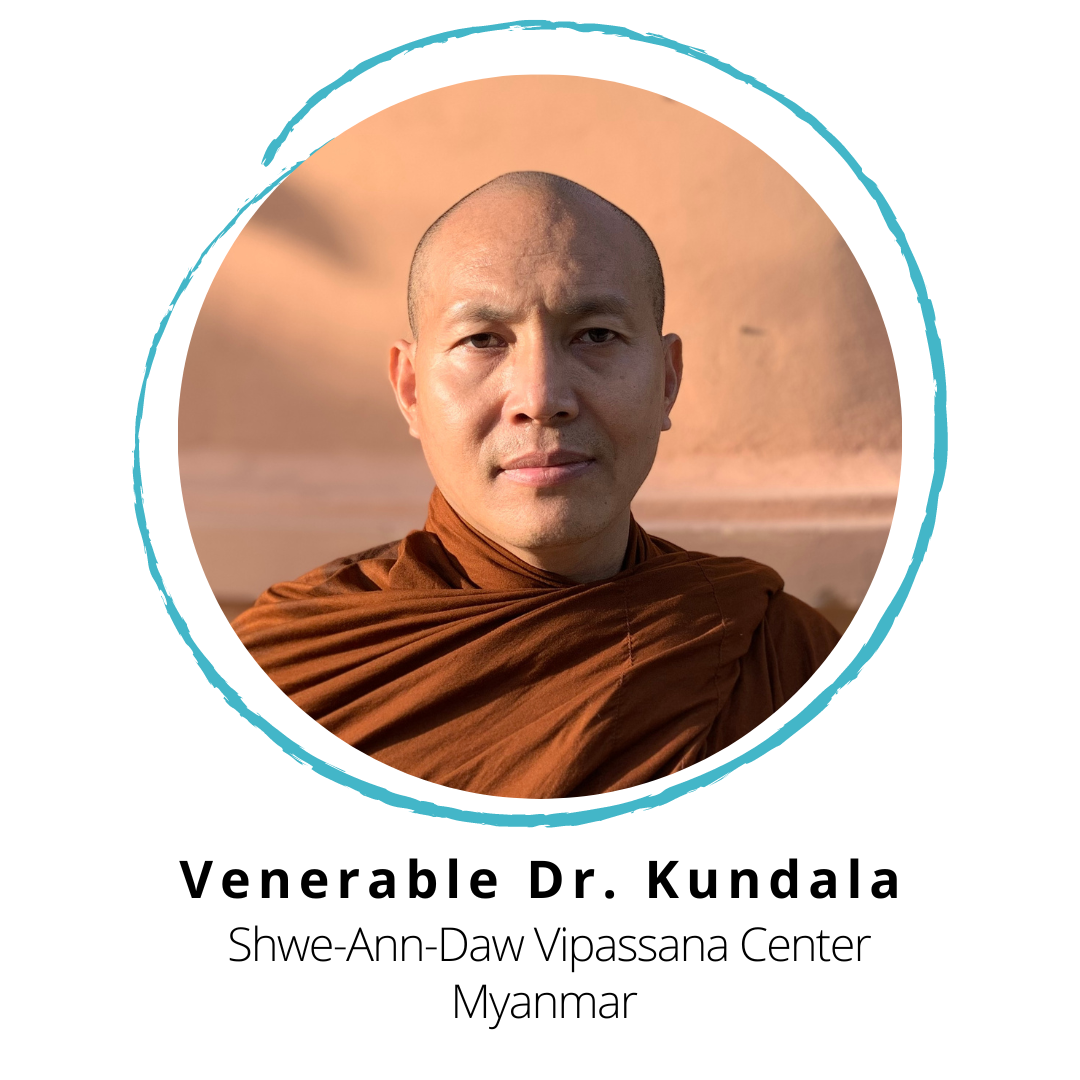9th INTERNATIONAL CONFERENCE ON SPIRITUALITY AND PSYCHOLOGY [ICSP2024]
13th - 15th of March 2024, Bangkok, Thailand
Radisson Suites Bangkok Sukhumvit Hotel
13th - 15th of March 2024, Bangkok, Thailand
Radisson Suites Bangkok Sukhumvit Hotel
SPEAKERS
The Structure of Vulnerability
This presentation explores vulnerability as the foundation of human existence. Ontological and relational domains of vulnerability are considered, along with redemptive vulnerability, the zone of human agency, and related concepts.
|
Dr. Jacqui Linder is the Vice President of Canadian Academics at City University in Canada. She a licensed psychologist in Alberta and Ontario, as well as a certified Clinical Traumatologist. She has treated a wide range of trauma populations and is an internationally recognized expert in the psychological profiling of survivors of human trafficking. Dr. Linder is a much sought-after speaker, lecturing for the Canadian Police College, Interpol, and the United Nations Office of Drugs and Crime (UNODC), as well as at conferences across Canada, the USA, France, Egypt, Greece, Italy, Hungary, the UK, Guyana, the Czech Republic, and Ukraine.
|
The Akashic Records and The Convergence of Science, Spirituality & Psychology
The connection between spirituality and science has been a topic of discussion for centuries. Science has long been seen as the domain of rationality and objectivity, while spirituality has been associated with faith, mysticism, and subjective experience. Psychology, on the other hand, was has its roots in spirituality, philosophy and is defined as the “scientific study of behaviour and mental processes”. Whilst Science and Spirituality can be defined as extreme polar opposites, Psychology’s domain rests expansively between these two spectrums. Mystics and sages from old worlds to present day believe in an inter-cosmic field that connects and unites us all in our shared experience of Life - The Akashic Records. What the Akashic Records? How does it differ from existing psychological theories on the unconscious? What role does it play in our world of psychology and healing today?
|
Calista is a certified psychotherapist, trained in Jungian Analysis, Person-centered counselling, Expressive Arts Therapies,Trauma, Attachment, Relationships and Intimacy. A unique mix of ethnicities and cultures, she has travelled and lived in different cities around the world as an entrepreneur, spiritual guide and medicine woman for more than 10 years. She is passionate about psychology, the human predicament and helping others become the best versions of themselves. She has studied with Tibetan Masters, sat in the jungle with plant medicine shamans, vision quested in Nepal, led and taught Akashic Records workshops and retreats internationally. She used to be a lawyer and founder of a multi-award winning health foods company. These days, she spends her time in nature, reading, diving and doing art.
|
What is the Most Compelling Spiritual Relational Practice Skill: Curious Compassion
The spiritual clinical skill of curious compassion, i.e. love without judgment, was gleaned from actual individual/family interviews conducted by the presenter in more than 20 countries as well as coupled with her own and others’ research of practice based evidence with families. This expert lecture will highlight the theoretical and clinical underpinnings of curious compassion and how it relates to spirituality, illness suffering, illness beliefs and the Biology of Love (Maturana&Verden-Zoller). Specific clinical examples from the clinical practice of the presenter will illustrate how this spiritual relational skill can be implemented in therapeutic conversations with families in any country or culture to soften illness suffering and invite spiritual health and healing.
|
Dr. Lorraine M Wright, C.M., is a Professor Emeritus of Nursing, University of Calgary. She is also an international speaker, author/blogger, and consultant in family nursing and family therapy.
Her most recent books are Illness Beliefs (3rd ed) (2021); Nurses and Families: A guide to family assessment and intervention (7th ed) (2019); and Suffering and Spirituality: The Path to Illness Healing (2017). Dr. Wright has presented in some 30 countries. She resides in Calgary, Canada when not travelling the world. Her goal is to visit 100 countries to learn about the clinical practices with individuals and families experiencing illness suffering. She has now 82 countries! |
Interpretation of exceptional experiences by mental health workers in Aotearoa New Zealand: Spiritual or not?
A lack of empirical evidence differentiating exceptional experiences (EEs) from the spectrum of pathological syndromes means there is considerable overlap between EEs and mental illness symptomology. However, within some cultures, such as the Indigenous Māori of Aotearoa New Zealand, there are socially accepted structures to reference EEs against, and these experiences are often interpreted in relation to te taha wairua (the spiritual realm). Yet, Māori are disproportionately over-represented in national mental health statistics. We believe a limited understanding about EEs and a lack of congruency between the underlying philosophical foundations of the mental health system in Aotearoa New Zealand and Māori notions of EEs and their relationship to mental well-being are major contributing factors to this over-representation. This presentation discusses the findings of a study that utilised an experimental case-vignette design to explore how EEs were interpreted by a sample of 112 mental health workers (MHWs). Findings indicated Māori and non-Māori MHWs interpreted the same EEs in different ways. We conclude categorisation of mental illness is based on culturally referenced interpretations, implying current criteria for diagnosing mental illness in Aotearoa New Zealand should be revised in light of conceptualisations of EEs and their spiritual meaning.
|
Natasha Tassell-Matamua, PhD is an Associate Professor in the School of Psychology at Massey University and Director of the Centre for Indigenous Psychologies. She is of Indigenous Māori, Cook Islands and European descent. Her research focusses primarily on near-death and other exceptional experiences of consciousness and their implications for humanity, as well as the interface between such experiences, spirituality and Indigenous knowledges.
|
An Integrative Model for the Effectiveness of Biofeedback and Creative Interventions using the Immune Modulation Allergy Elimination Technology (IMAET) for Treatment of Mental Health Disorders and Chronic Disease Regulation: Report
Biofeedback Technology has shown to be a promising tool for mental health treatment and approved by various International Medical and Mental Health Boards for the treatment of chronic health problems and mental health issues; however, several theoretical as well as practical limitations have prevented widespread adaptation until now. With current technological advances and the increasing interest in the use of quantum technology to improve mental health, we argue that this is an ideal time to launch a new wave of bioenergetic training. In this case study, we reflect on the effectiveness of the IMAET biofeedback technology in treating mental health issues and chronic health conditions of five patients seeking mental health care. Subsequently, we supply results of IMAET treatments after eight to ten sessions. Finally, we present a set of detailed guidelines based on the integration of our model with the mechanics and mechanisms offered by emerging interactive technology to encourage a new phase of research and implementation using biofeedback. There is a great deal of promise for future biofeedback interventions that harness the power of epigenetic quantum tools to help people regulate their overall health in a way that feels engaging, personal, and meaningful.
|
Khadijat Quadri is a Licensed Professional Counselor with decades of experience in clinical mental health. She has a private practice and is experienced in program development and implementation of community-based mental health programs. Her education includes advanced degrees in mental health counseling and international development.
She received additional training in contemplative group therapy, transpersonal psychology, hypnotherapy, Reiki energy healing, astrological psychology, advanced gas discharge visualization (GDV) assessment, advanced integrative therapy, energy psychology, Biofeedback modalities and sound frequency healing. Her past experiences range from developing programs for refugee communities, curbing infant mortality, and developing education programs for low-income communities. She currently operates a transpersonal and intuitive counseling private practice in San Antonio, Texas, and has a wide range of practical experience in trauma and mental health recovery. Her practice has a 95 percent retention rate because of a creative and transpersonal approach that provides a full spectrum of the client’s cognitive, transcendental, and spiritual life paths. Undertaking her journey toward self-discovery, she weaves gentle, creative models that are insightful for clients’ journeys. |
Exploring the Influence of Nature on Spirituality among Japanese University Students
In the context of the Japanese population, scholars have identified nature as a significant trigger for spirituality. Awe, another self-transcendence emotion, has been extensively studied, with nature being a potent inducer of this emotional response. Previous research has demonstrated that a brief exposure to nature through video clips can elicit awe, with variations in emotional and cognitive experiences based on the nature's characteristics. Specifically, threatening awe clips do not promote momentary well-being while positive awe clip does. Since threatening side of nature (i.e., natural disaster) is positively correlated to a nation’s level of religiosity, it seems significant to consider both positive and fearful side of nature. In this planned study, we intend to utilize nature clips to explore their potential to evoke spirituality, drawing inspiration from established awe paradigms.
|
Takechika Hayashi is a 2nd-year Ph.D student at Division of Cognitive Psychology in Education at Kyoto University, Japan. Having spent1/3 of my life outside of my home country (4+ years in Thailand, 3+ years in the State & partially the UK for my undergrad) and interacted with people of various cultural backgrounds, it made me interested in how we perceive, understand, and accept spirituality or religions within ourselves. Japan is a unique country in the sense of how people live under the influence of plenty of religions states as ‘born Shinto, married Christian, and die Buddhist.’ I am enthusiastic about understanding this phenomenon (more generally, spirituality) using methodology of cognitive psychology or neuroscience. Also, I am looking for any possible interdisciplinary collaboration or inspiring communication.
|
Research Insights into Demonic Possession & Effective Healing Techniques
Demonic possession can be easily misintrepreted as a psychiatric disorder. This paper will elaborate on the symptoms of demonic possession and the effective self-healing methods that can be performed by one without any dependency on healers.
|
Sean Clarke is the Editor of the Spiritual Science Research Foundation (SSRF) - a leading spiritual research website. The website is devoted to publishing unique knowledge gained through spiritual research about the spiritual dimension and how it affects our lives. Sean has an MBA from the prestigious Monash Mt Eliza business school in Melbourne Australia and has worked as a strategy analyst in dot coms in Hong Kong and Australia. His keen desire to know about the spiritual dimension led him to give up his career more than 15 years ago and live in the Spiritual Research Centre and Ashram in Goa, India. Here as part of the spiritual research team, he has been studying and researching various spiritual phenomena and publishing it on the SSRF website. In 2014, with the formation of Maharshi Adhyatma Vishwavidyalay (also known as the Maharshi University of Spirituality), he joined the spiritual research team and is a part of the faculty for spiritual research workshops. In addition, he is a key member of the team preparing the research presentations for over 100 scientific conferences worldwide.
|
Empowering Mindsets: Unraveling Self-efficacy's Role in Youth Loneliness
It is a fascinating research study that delves into the intricate interplay between self-efficacy and loneliness among university students. Imagine the university experience as a dynamic dance between personal empowerment and social connectedness, where one's belief in their abilities and their sense of isolation engage in a complex tango. This study, conducted at G.B. Pant University of Agriculture and Technology in Uttarakhand, India, gathered insights from 293 undergraduate and postgraduate students. The research utilized the Perceived Loneliness Scale and Self-efficacy Scale to explore the relationship between these two crucial aspects of student life. The results showed a large and perplexing negative association between loneliness and self-efficacy. In other words, students with lower self-efficacy tended to have higher levels of loneliness, and vice versa, students with stronger self-efficacy tended to have lower levels of loneliness. Understanding this relationship not only provides insight into our young scholars' emotional and psychological health, but also paves the way for intervention and support programmes tailored to their specific requirements. This knowledge allows us to improve our students' mental health as well as their academic achievement, promoting their total development.
|
I am a master's student in Human Development and Family Studies at Uttarakhand's Govind Ballabh Pant University of Agriculture and Technology. My research interests include the dynamic link between self-efficacy and self-perceived mind-set with loneliness among college students. My academic trajectory demonstrates unwavering focus and a deep commitment to understanding the complexities of human development and family interactions. I am a strong supporter of community well-being and the empowerment of vulnerable groups. I am a force for positive change because of my collaborative spirit and ability to bridge disparate ideas.
|
Bridging Religion + Metaphysics to Answer, "What Happened, & Who Am I?" After Loss of Self
A knowledgeable paper exploiting the epidemic occurring within the world, with a hyper-focus on the United States. The emotional and mental health status is declining with addictions, self-reliance, and desire so much, that people are lost as to who they are within almost every age group. Reliance on society’s narratives has caused many to lose sight of their true essence, or life-changing events recluse those effected event more. Loss of self can come from a negative event, life transition, or PTSD, and fan out into every aspect of one's life, but in coping, most hide these memories and live around the pain. In bridging my foundational belief in God with Metaphysics, I will teach how a multitude can openly and holistically begin to reconcile the cause of the loss of self, roots of insecurities/triggers/boundaries of today, as well as mentally regather who they are in identity and love to conclude their pain within a new life of healed love, new thoughts, and the possibility to change the world.
|
Samantha Santiago is the founder of CONFIDENCE + FAITH™, and author of 10 Religion and Spiritual Self-Help books to guide others to overcome various aspects of loss of self. Samantha tackles the Holistic Wellness of those who have experienced a negative event, life transition, or PTSD so that they can build a happier, healthier, and more faith filled life. In her desire to guide lifestyle reformations, she uses her Bachelors of Communication, Master of Business Administration, and PhD in Metaphysics to bring a unique perspective, as she also bridges Religion and Metaphysics to explain God and the Bible. Samantha is a lifetime learner on the topics of Family Structure, Race, Bible/Religion, Self-Value, and Alcohol Addiction, as these are her loss of self stories, but in addition you will find this Charlestonian (from Charleston, SC) reading, enjoying nature, world traveling to experience cultures and retaining the authentic open perspective of life that she aspires for those she helps.
|
Post-Traumatic Growth and Quality of Life among Metropolitan Cebuanos Living with HIV/AIDS: A Correlation Study
Cases of HIV/AIDS have been rampant all over the globe with almost 37 million individuals being infected. With the advancement of medications, people living with HIV/AIDS taking antiretroviral medications gives them new hope in life. With this, the researchers have decided to study the Post-traumatic Growth and Quality of Life of Metropolitan Cebuanos Living with HIV/AIDS.
This study aims to measure the levels of the domains of post-traumatic growth and quality of life, and the relationship between the two constructs. A total of fifty-three respondents were given two questionnaire surveys: The Post-traumatic Growth Inventory and the World Health Organization’s Quality of Life for HIV, Brief Version. The researchers were able to determine the levels of the variables' domains using the mean scores of each domain. Pearson R Correlation was used to assess the relationship between the two variables. The results and calculations indicate that there is a significant moderate positive relationship between post-traumatic growth and quality of life. This means that the higher the level of post-traumatic growth, the higher the quality of Life, and vice -versa. In conclusion, the respondents experienced positive life changes, resulting in high evaluations of post-traumatic growth and quality of life.
The researchers recommend for future studies to explore and consider other factors such as socio-economic status and respondent personalities when conducting a study.
This study aims to measure the levels of the domains of post-traumatic growth and quality of life, and the relationship between the two constructs. A total of fifty-three respondents were given two questionnaire surveys: The Post-traumatic Growth Inventory and the World Health Organization’s Quality of Life for HIV, Brief Version. The researchers were able to determine the levels of the variables' domains using the mean scores of each domain. Pearson R Correlation was used to assess the relationship between the two variables. The results and calculations indicate that there is a significant moderate positive relationship between post-traumatic growth and quality of life. This means that the higher the level of post-traumatic growth, the higher the quality of Life, and vice -versa. In conclusion, the respondents experienced positive life changes, resulting in high evaluations of post-traumatic growth and quality of life.
The researchers recommend for future studies to explore and consider other factors such as socio-economic status and respondent personalities when conducting a study.
Islam, Spirituality, and Eating Disorder Recovery:
Narratives of Muslim Women in England with Lived Experience
Narratives of Muslim Women in England with Lived Experience
This paper draws from ethnographic research conducted in England amongst Muslim women with lived experience of recovering from eating disorders through embodied Islamic spiritual practices. My qualitative research explores how British Muslim utilise their faith to re-imagine a moral and ethical self, grounded upon an Islamic perspective on mental health and wellbeing. Eating disorders are understood as an illness that effects the mind, body and soul. Specifically, my research explores the spiritual dimension of eating disorder illnesses and how Islam may enable longer-term recovery from such addictions. Many studies on eating disorders indicate a positive correlation between spirituality and mental wellbeing, especially when incorporated into mainstream treatments such as CBT and CBT-E, however these studies tend to be based on western psychology and do not explore, in depth, how Islamic religious/spiritual practices are incorporated into treatment and in daily life to manage recovery. The links between spirituality and eating disorder recovery are explored through the subjective experiences of British Muslim women.
|
Samar Mashadi, PhD Candidate at the Department of Religious Studies, McMaster University. MSc in Built Environment from University College London (England); MA in Muslim Societies and Cultures from SOAS (England). Former Executive Director of Forum Against Islamophobia and Racism with over 15 years experience of working with Britain's Muslim communities. Presently conducting ethnographic doctoral research in England.
|
Interesting occurrences at the end of life and their spiritual impact: An introduction to terminal lucidity
Interesting things can happen at the end of life. Across time and culture, reports of those on the brink of death suddenly regaining previously lost abilities, including movement and memory, have been documented for more than 250 years. While those working in palliative care attest to their frequency of occurrence, these unusual occurrences remain little understood and have only recently been given the name “terminal lucidity” (TL). Defined as unusually enhanced mental clarity characterised by spontaneous and often animated changes in verbal and/or non-verbal behaviour, these unexpected surges of mental clarity have been mostly reported during the last minutes, hours, or days before a person’s death. Often reported in those of older age who have dementia, TL is also very common in children who are terminally ill. Despite recent surges of scholarly interest in TL, limited information about this phenomenon is available in academic literature. This presentation will provide an overview of TL, including some case reports, and highlight two studies that are currently being conducted on TL in children and TL in adults. It will conclude by highlighting the spiritually transformative impact these experience tend to elicit in those who witness them.
|
Natasha Tassell-Matamua, PhD is an Associate Professor in the School of Psychology at Massey University and Director of the Centre for Indigenous Psychologies. She is of Indigenous Māori, Cook Islands and European descent. Her research focusses primarily on near-death and other exceptional experiences of consciousness and their implications for humanity, as well as the interface between such experiences, spirituality and Indigenous knowledges
|
Beliefs about Exceptional Experiences Scale.
Construction of and Implications of Preliminary Findings in Aotearoa New Zealand
Construction of and Implications of Preliminary Findings in Aotearoa New Zealand
Despite marginalization within popular and scientific discourse, non-ordinary or exceptional experiences—sometimes referred to as psychic, supernatural or paranormal experiences—are experienced by approximately 97% of the general population. This presentation discusses the development of a scale for use among the Aotearoa New Zealand population – a diverse multicultural society with two prominent ethnic groups, Māori (Indigenous peoples) and Pākehā (New Zealand European). A total of 39 items were developed through an intensive literature review and face-to-face interviews with 15 Māori participants, and subsequently piloted with 325 participants. Exploratory Factor Analyses (EFA) produced a three-factor 19-item solution, with excellent internal consistency. Preliminary findings indicated Māori were significantly more likely to endorse EEs than Pākehā. Given EE’s can be interpreted as either ‘spiritual’ or ‘anomalous’ events according to cultural background, these findings have important implications for how such experiences are addressed in wider society and mental health settings specifically.
|
Dr Nicole Lindsay is a senior lecturer based within the School of Psychology at Massey University. Her research is primarily focused on spirituality, death, near-death experiences, exceptional human experiences, and consciousness. Nicole completed her PhD in the area of near-death experiences, and continues to research and publish regularly on the topic.
|
Dynamic Integration Therapy. Expanding consciousness to heal the unity
Cultural belief systems restrict our perception and behavior. Western for example, tend to view humans as isolated individuals separated from the rest of reality. Overcoming this limitation can lead to solutions surpassing our current understanding of reality, humanity, and its sufferings. The information that we currently deliver to the unconscious processing path may hold the key to our patient's healing process. This presentation aims to promote the consciousness of the continuum of reality and how to handle it, not only for therapists learning a new tool. Spreading out the integration concept could contribute to driving a society conscious of our interdependent nature and race future generations adapted to the social collaborative coexisting.
|
Prof. María Lucila Belluscio studied Orientalism at the Universidad del Salvador in Buenos Aires, where she met her teacher, José Bullaude, who guided her research for over eighteen years. She also became a Yoga teacher and therapist at the Lonavla Yoga Institute in India and a UNESCO International Dance Council member. Belluscio is a practitioner at the Bach Centre in London, works with six other systems, and has channeled sixty Dynamic Integration Flowers Remedies. She was a counselor at Holos, San Isidro, specializing in neurophysiological-based trauma reprocessing techniques at Terapias de Avanzada, EMDRIA Latinamerica. She has also trained in other therapeutic techniques such as EMDR, EFT, TIC, Touch for Health, Bio Quantum Medicine, Pranic Healing, Tesla Healing, Sanergy, Akashic Records reading, mediumship, and astrology. She developed Dynamic Integration Therapy and currently directs the Dynamic Integration Center.
|
Mindfulness Practice at a Crossroads: Spiritual Awakening or Science of Well-Being or Both
The practice of mindfulness has grown exponentially in many ways in the last four decades. It applies to all aspects of life, from psychological therapies, stress reduction, positive psychology, office productivities, military marksmanship, and more. However, in Buddhist tradition, meditation, mindfulness, or being “mindful” is just one skill among others for cessation of suffering or to move along the path to enlightenment.
This presentation reviews some of the ever-expanding academic and science-based research on mindfulness and suggests that mindfulness has entered the mainstream. Its narrow focus and ease of use help it to be positioned as a field of academic study. However, Buddhist meditation practitioners have not been enthusiastic of this trend, partly because the modernized mindfulness is not in line with Buddhism’s original purpose or teachings and tends to lack the foundations of morality and wisdom.
This presentation explores the hypotheses that oversimplification of mindfulness runs the risk of losing its transformative potential. At the same time, traditional Buddhist meditators may benefit from the science-based approach of mindfulness which adapts technological measurements, modern evidence-based curriculum design, and teaching methods. The presentation offers a framework for understanding their associations. It critically discusses these associations as well as the potential well-being benefits of these practices complementarily co-existing.
This presentation reviews some of the ever-expanding academic and science-based research on mindfulness and suggests that mindfulness has entered the mainstream. Its narrow focus and ease of use help it to be positioned as a field of academic study. However, Buddhist meditation practitioners have not been enthusiastic of this trend, partly because the modernized mindfulness is not in line with Buddhism’s original purpose or teachings and tends to lack the foundations of morality and wisdom.
This presentation explores the hypotheses that oversimplification of mindfulness runs the risk of losing its transformative potential. At the same time, traditional Buddhist meditators may benefit from the science-based approach of mindfulness which adapts technological measurements, modern evidence-based curriculum design, and teaching methods. The presentation offers a framework for understanding their associations. It critically discusses these associations as well as the potential well-being benefits of these practices complementarily co-existing.
|
Dr. Charles Cheung was a senior corporate executive turned entrepreneur and then retired as a volunteer and student. He worked in various management positions with subsidiaries in Asia of Wang Laboratory Inc., an IT company based in USA. After 6 years as country manager in Thailand, he found his own company which specialized in IT education in 1997.
In addition to his normal business duties, Dr. Charles also serves in various non-profit organizations, such Chairman, President or Director of chamber of commerce, university alumni and some non-profit organizations.. He received his MSc from University of Strathclyde (U.K.), a MBA from University of Chicago (USA), LLM from University of Northumbria (UK), a PGDip of Buddhist Studies from University of South Wales (U.K.) and a Doctorate Degree of Business Administration from University of South Australia. His research interests are in the areas of Buddhist philosophy, counseling psychology, business ethic and corporate governance. |
Surfing Receding Waves as a Practice of Resilience When Experiencing Suicidal Ideas
We can find numerous literary texts that portray suicidal ideas or acts. Werther (Goethe´s text) teaches what could happen when someone clings to a desire that cannot be fulfilled. For this reason, a psychological and pedagogical strategy can be helpful as a company for affected readers, who identify themselves with the characters, and this could become a risk of recreating a fictional representation. This was one of the motives for the author to write the tale “Kaukwe, the lake of hope”, which is related to the suicide of a teenager and the learning process of his friend. It is one of the eight tales contained in the book “If you go with me, I will not be afraid: Didactic tales of resilience”.
|
Dr. Mauricio Arley Fonseca is psychologist, philologist and theologist. He is literature´s chair professor in University of Costa Rica since 2008 and works as psychoanalyst in his own office (11 years practice). He has published 5 books: Tales of resilience (2023, Spain), Reading Borges in an infinite band (2022, Costa Rica), Mathematics and Literature in labyrinths games (2015, Costa Rica), and more than 20 article in academics´ journals.
|
Overcoming Suffering: Pain Management in Buddhist Psychotherapy
Pain is a natural part of life and all of us. Ordinary people are inflicted with physical or mental pain. In the pursuit of understanding human suffering and its alleviation, various philosophies have emerged throughout history. Among these, Buddhist psychotherapy offers profound insights into the nature of suffering and practical techniques for managing pain and fostering healing. This paper explores the fundamental principles of Buddhist psychotherapy, its approach to mindfulness-based pain management, and its emphasis on not only cultivating inner peace and well-being but also spiritual life as well. Finally, we will discuss mindfulness insight meditation (vipassana) and the therapeutic relationship.
|
Ven. Dr. Kundala is a scholar and practitioner deeply rooted in the traditions of Buddhism. He obtained his BSc. in Physics from Yadanabon University, Mandalay in 2002, and later pursued his passion for Buddhist Studies, earning a Master of Arts degree (MA.) from the International Buddhist College in Thailand in 2017. In 2023, he achieved the highest academic milestone by graduating with a Doctor of Philosophy (Ph.D.) in Buddhist Studies from IBSC, Mahachulalongornrajavidyalaya University, Thailand.
Throughout his life, Ven. Dr. Kundala has dedicated himself to the study and practice of Mindfulness Vipassanā. He practiced himself in the teachings at Mogok, Mahasi, and S.N. Goenka Vipassanā Centers in Myanmar, Singapore, and Thailand. Combining his knowledge and experience, he served as a guide for Vipassanā Meditation from 2001 to 2023, leading sessions in Myanmar, Thailand, and online for both local disciples and foreigners alike. |
Spiritual Beliefs and Cultural Sustainability among the Women of Nusantara: Shifting from Academics to Arts
Seventy women in Peninsular Malaysia, Bali, Indonesian and Malaysian Borneo were interviewed about how their spiritual beliefs and practices in the modern world coincided with their ancient beliefs and practices. Stories were shared of a common connection to the land and deep respect for those who had walked there before them, holding fast to ancient wisdom passed down through the generations of women.
First vetted and heartily endorsed in Bangkok at the 2016 Women’s Empowerment Leadership Conference, the results were published in three academic journals. Now, the principal investigator hopes to bring the diverse women of Nusantara and their rich stories to the stage. A host university in Kuala Lumpur, Malaysia has invited the play to be rehearsed and performed at a 2025 international women’s conference.
In preparation for dramatizing such stories, the researcher enrolled in a Creative Writing program at Wilkes University in the USA. Join the playwright and her playwriting mentor in a discussion on how academic writing becomes stage worthy dramatic writing for the upcoming play “The Women of Nusantara: Their Seen and Unseen Worlds.”
First vetted and heartily endorsed in Bangkok at the 2016 Women’s Empowerment Leadership Conference, the results were published in three academic journals. Now, the principal investigator hopes to bring the diverse women of Nusantara and their rich stories to the stage. A host university in Kuala Lumpur, Malaysia has invited the play to be rehearsed and performed at a 2025 international women’s conference.
In preparation for dramatizing such stories, the researcher enrolled in a Creative Writing program at Wilkes University in the USA. Join the playwright and her playwriting mentor in a discussion on how academic writing becomes stage worthy dramatic writing for the upcoming play “The Women of Nusantara: Their Seen and Unseen Worlds.”
|
Gina Zanolini Morrison is a tenured Professor of Global Cultures at Wilkes University, Pennsylvania, USA. There, she has taught undergraduate and graduate courses on leadership, diversity, and societal change; global cultures--issues and perspectives; multicultural education; Malaysia's modernity; intercultural communication, and other courses on cultural diversity. She is a qualitative researcher with a focus on women's issues, particularly spirituality and leadership styles. Having conducted her past two sabbaticals in Malaysia and having served as a Fulbright Specialist to Malaysia and India, she is currently also the Fulbright Program Advisor for the U.S. Fulbright Student Program at Wilkes University. With a master’s in counselor education and a PhD in Human Development/Instructional Leadership, she has recently begun her second master’s program in creative writing.
|
|
As a playwright, Fletcher’s plays have had 12 productions Off-Off-Broadway, many of which are featured in his craft book Shorts and Briefs, a collection of short plays and brief principles of playwriting. A native of Dallas, Texas and a resident of New York City, Fletcher has earned various theatre degrees from Cal. State Northridge, Columbia University, and Boston University. Published materials include 5 essays, 2 short stories, 2 Young Adult novels, a novella, and a craft book. Awards include the Mark Twain Prize for Comic Playwriting and the National Ten-Minute Play Award from the Kennedy Center American College Theatre Festival. He was a playwriting grantee at the Sundance Theatre Lab and a finalist for the New York IT Awards, the Heideman Award, and the Reva Shiner Comedy Award. As a professor, he’s taught various theater and creative writing courses at several universities TicTok: @gregoryfletcherNYC.
|
Tomorrow People
Tomorrow People Organization
Dusana Vukasovica 73 11 000 Belgrade Serbia Tel. +381 62 680 683 www.tomorrowpeople.org TERMS AND CONDITIONS |
Copyright Tomorrow People Organization © 2002-2024, All rights reserved.
